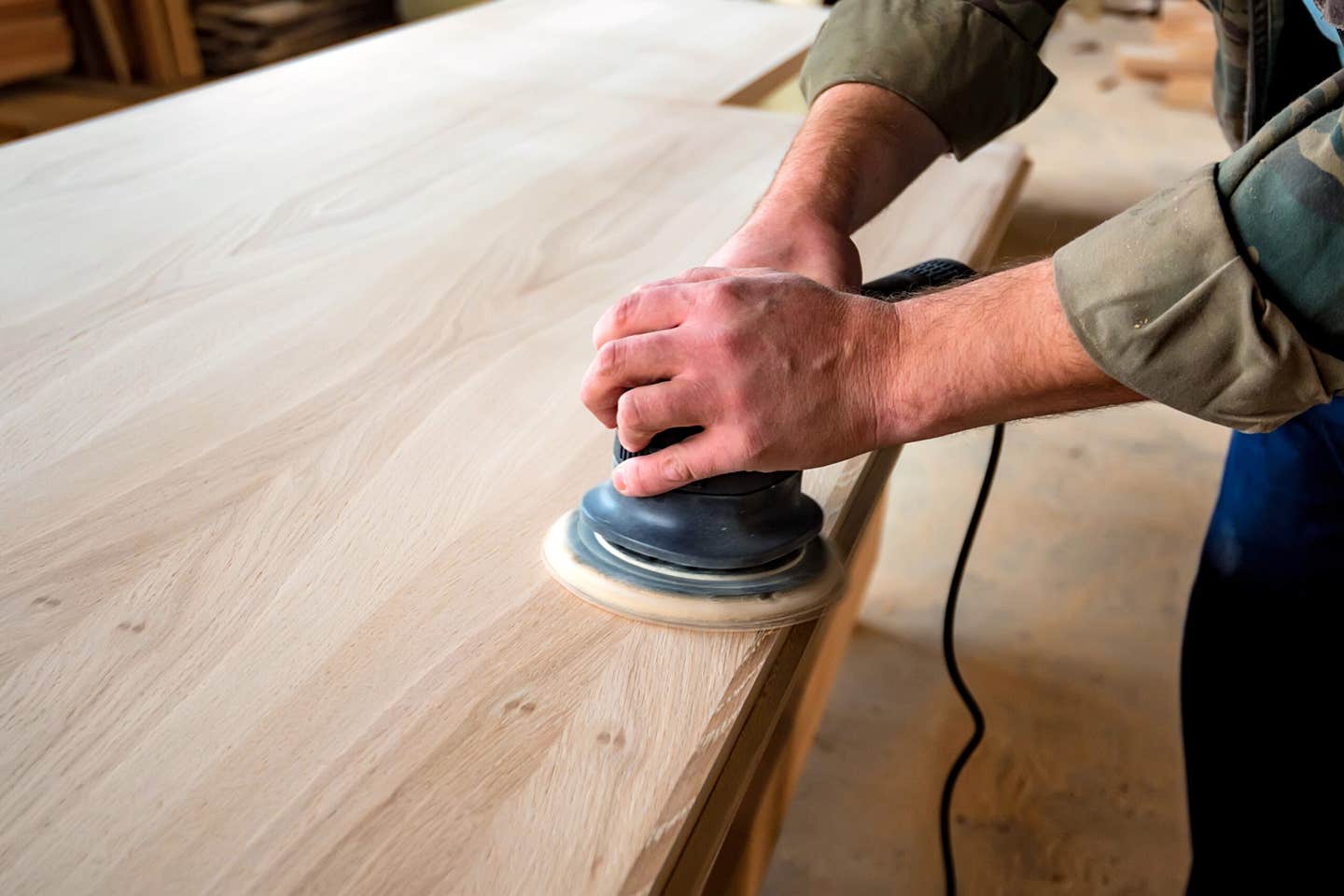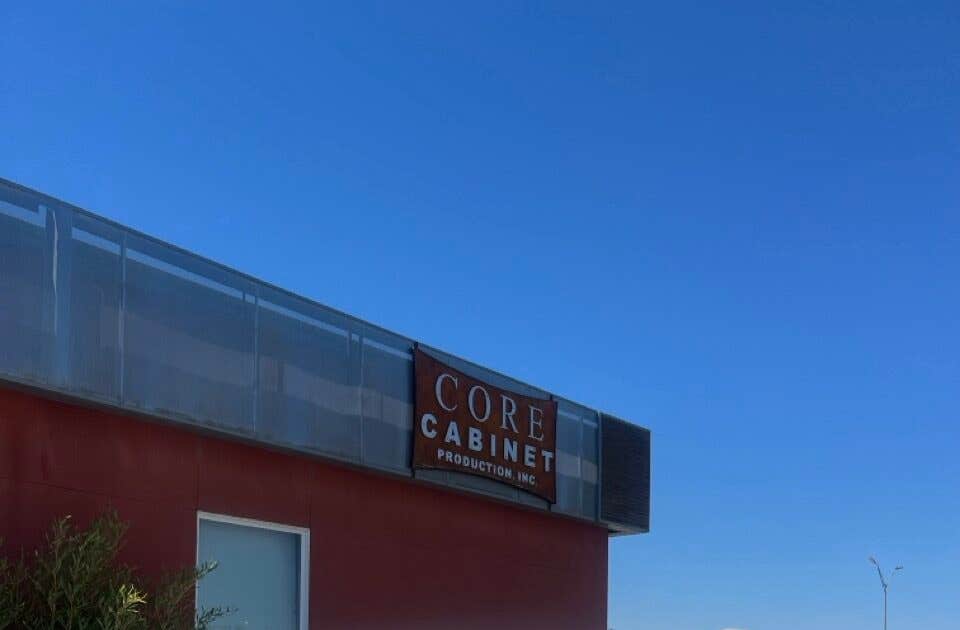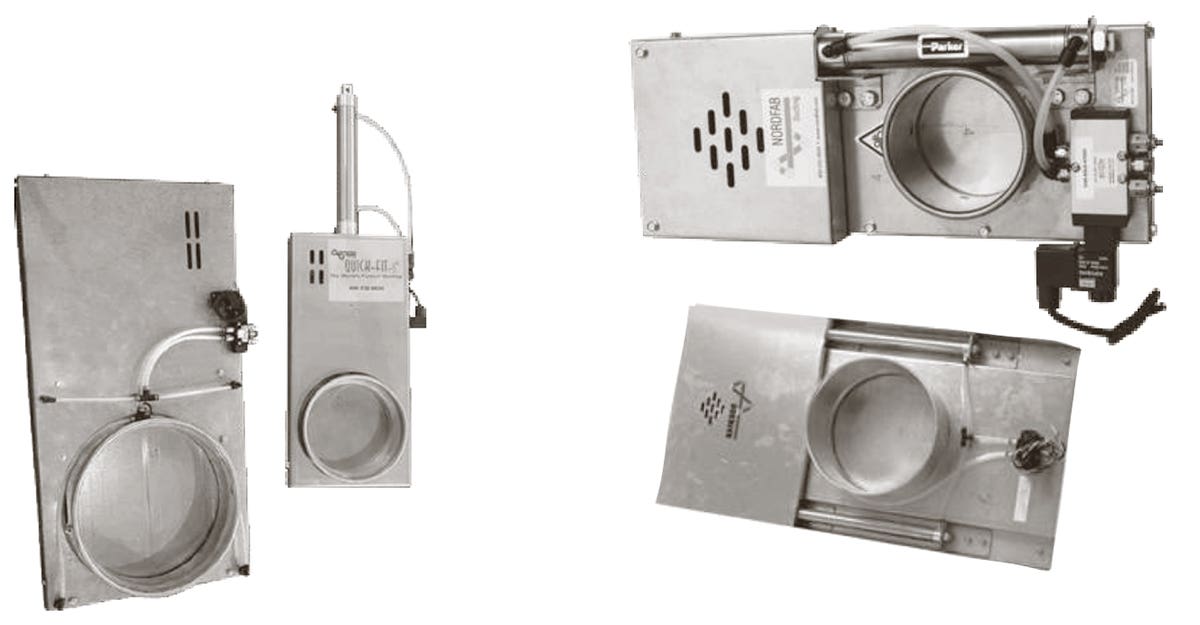Passionate in Portland
Do what you do best. It’s the simple advice that’s often the best advice and it seems to be working out pretty well for Mike Redmond at Creative Woodworking NW…
Do what you do best. It’s the simple advice that’s often the best advice and it seems to be working out pretty well for Mike Redmond at Creative Woodworking NW in Portland, Ore.
The shop has been producing custom millwork since 1982. Sure, it also does stairs and furniture components, but with a library of more than 4,000 profiles and the ability to match anything a customer brings in, custom millwork will always be the focus.
“The way we built our business was, early on, I built two kitchens and stopped. I wasn’t good at it. What I did find myself good at was machining. I could run molding very well,” Redmond says.
“Portland is fanatical about historical renovation and, with our extensive molding profile offerings, we can match the existing molding in homes going back 100 years. There are a lot of historic architects in the city who work on houses that have been renovated back to Green and Green and other styles from historical eras. That’s our passion. That’s what we’re good at and anything else around that.”
The beginnings
Redmond, who was born in Escondido, Calif., says he was inspired to be a woodworker at the age of 7 when a boys’ youth club exposed him to the trade, allowing him to use a band saw and hand tools to make toys and other small projects. His family moved to Portland when he was 10 and he has lived there ever since. He is now 56.
“I started the business in 1978, unofficially. I did it because I loved woodworking as a hobby. I’ve always been self-employed, but I devoted myself full time to this career at the age of 24.”
He started in a shared shop in downtown Portland and hired employees as needed. He moved about 10 blocks away to his current location in 1993, an old bakery that he purchased with about 10,000 sq. ft. of workspace. He purchased extra space through the years and now has about 40,000 sq. ft.
“Originally, we were not in the correct zone for woodworking. It was a residential zone, not an industrial one, so we really had to move,” Redmond says. “But we have a lot of space right now and some of it we might not hang on to. There are lots of issues with Portland politics and planning and zoning. It’s close to the river, it’s an industrial sanctuary, but this area is all being gentrified as we speak which is a little hard for us as a shop here in town.”
Aiming to please
Eighty percent of the company’s work is within an hour’s drive of Portland.
“We don’t have a sales department. We’re a word-of-mouth business. We do a lot of residential and commercial and in the commercial end there’s a lot of facilitating other woodworking companies, such as other shops who need solid lumber machined using our hardwood and softwood cutting equipment.”
This includes cutting parts for cabinets, furniture, crown molding, wainscoting, coffered ceilings and more.
“Because of the custom aspect and the extra cost involved, we try to find people what they need if it’s a commodity before we have to pull lumber and machine it. If we can find the product already made, we do that to help them with the cost. But if they can afford it and want to do it, we go ahead and give them the price. Then we go ahead and ask them what wood they want — usually they want clearer wood — and get the size they need.”
The shop most often works with fir, cedar, cherry, white oak and red oak and occasionally with gumwood and calico.
In 2013, the company registered $1.7 million in gross sales. Most of the jobs are for less than $10,000.
“This year is similar to last year,” Redmond says. “During the recession we went down to a million, which was in 2009. It set us back but we were all paid up in our equipment and we didn’t lay anybody off.”
During the recession, Redmond says the shop became very compartmentalized. It survived on its special machining services. It also allowed contractors to supply their own materials without a markup. These practices basically eliminated the competition from moving in.
“We’re fairly conservative in our business operations,” Redmond says. “Our bills are paid. We maintain what we have. And we were OK to break even for a number of years. I don’t know how to market. We built a reputation for all of those years, so we basically had a word-of-mouth reputation to ride on.”
A different philosophy
There are currently 14 full-time employees and turnover is low, which is good because Redmond says it’s very difficult to find anyone with the natural abilities to work with their hands.
“Everyone in the shop is self-trained,” he says. “You default towards being specialized as to what you’re better at. In theory, our shop works that way. It allows people to do that so we don’t have any problems. There may be a planer or sander that runs lots of materials, but all materials are different so you have to use your skills. You might have a slab of wood that is warped and needs the proper surface on both sides so you need your skills to do that. It isn’t really just the machine, it’s the wood through the machine.”
His wife, Linda, does most of the bookwork and all of his children (Hope, Michael, Blake and Joseph) have worked in the shop.
“We have a different philosophy; we don’t run like a corporation. I get in the shop and do the woodwork and look like I’m one of the employees, but I also meet with people and do estimates. I take on the tough roles and don’t expect anyone else to and conduct business in a pleasant matter. We eat together for lunch every Friday. The whole company sits down for an hour or two and we’ve done that for 20 years.”
The company does designs, but usually customers know exactly what they want.
“That’s the unique part of our business. Our customers know what they want already. We very seldom get involved in anything more than our professional understanding of what wood is, what it does, its expansion and contraction and its application. For example, you don’t put hemlock outside because it rots fast. You put cedar or fir outside. So we will give direction and from what we’ve learned over all of these years what works and what doesn’t work.”
Redmond speaks about the area having changed a lot in recent years. Initially, it thrived on its rich history and a strong economy. But the rise of local property values is taking a toll.
“It’s really frustrating,” says Redmond. “My kids were raised in this neighborhood and worked here. They were supposed to take this over. Now it’s a challenge of can we stay here.
“We own the property, but the land values are going up so much that we could be taxed out. And our location is everything. Our customers come to us. We don’t ship or deal with trucking in or trucking out. I can’t just move without losing a large portion of my business. People pick up their projects. They know where we are.”
Staying the course
Redmond has no immediate plans to retire, but would like to get the business to where he can come and go as he wants.
“I plan to start working towards any possible change in the event we have to move. It would be very expensive and I’m not sure how we would survive. I have friends who went out of business from moving.”
While he’s always taken pride in updating his tools, he can’t justify adding more CNC equipment. “It’s not profitable enough,” Redmond says. “We researched it and we’re not NASA, we’re not Boeing and we’re not going to get the money we need. Even if we did put it in a machine that could custom make things, there’s not enough profit.”
He also plans to continue to put the customer first.
“That’s how I’ve built this business. It’s not my way or the highway and that’s why we’ve grown and built ourselves up without advertising. We fix problems and get things solved even if it’s our loss. We win because customers love that.”
Redmond’s final piece of advice goes back to the beginning of this story.
“Find what you’re good at,” he says. “It may be cabinets or furniture. It may be just working with the material. Keep working at what part you are good at and the sky is the limit. Who says a woodworker can only make $25 an hour? If you keep working, it will get better.”
Contact: Creative Woodworking NW, Inc., 1036 S.E. Taylor St., Portland, OR 97214. Tel: 503-230-9265. www.creativewoodworkingnw.com
This article originally appeared in the January 2015 issue.Photos by Ben Roosa.







